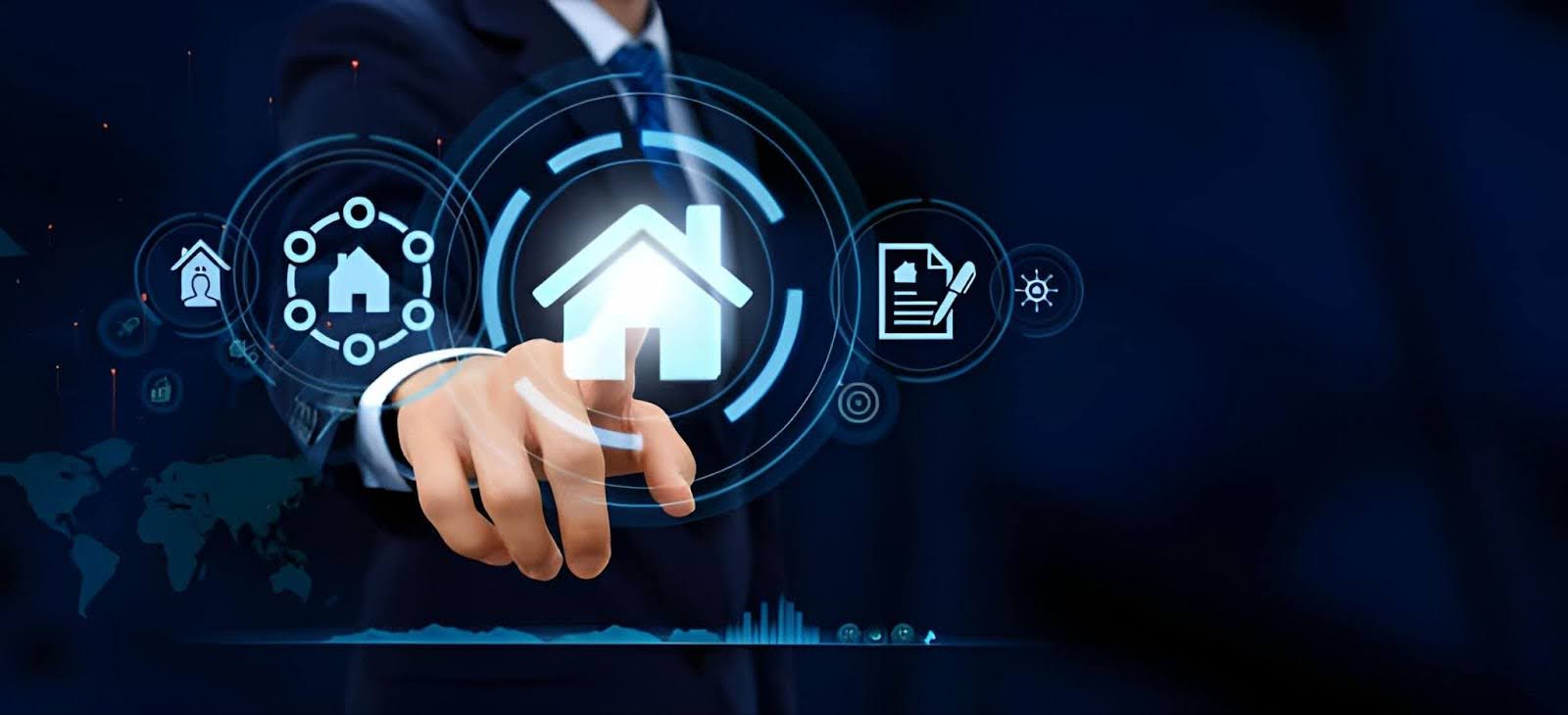Managing rental properties can be a complex and time-consuming task.
From finding tenants and collecting rent to maintaining properties and handling repairs, there are numerous responsibilities that come with being a landlord or property manager.
Fortunately, advancements in technology have made it easier than ever to streamline these processes through the use of rental property management software.
In this comprehensive guide, we’ll explore the benefits of using such software and provide valuable insights into selecting the right solution for your rental empire.
Understanding Rental Property Management Software
Rental property management software is a specialized type of software designed to assist landlords and property managers in efficiently managing their rental properties.
These software solutions typically offer a range of features and functionalities tailored to the specific needs of property owners, including:
1. Property Listing and Advertising
One of the primary functions of rental property management software is to help landlords market their properties effectively.
These platforms often include tools for creating professional property listings, publishing them across various online platforms, and tracking their performance.
By leveraging these features, landlords can attract a larger pool of potential tenants and minimize vacancies.
2. Tenant Screening and Onboarding
Tenant screening is a crucial step in the rental process, as it helps landlords identify qualified tenants and minimize the risk of rental defaults or property damage.
Rental property management software typically includes tools for conducting background checks, verifying employment and income, and collecting rental applications.
Additionally, some platforms offer automated onboarding processes, making it easier for landlords to onboard new tenants seamlessly.
3. Rent Collection and Financial Management
Managing rent payments and tracking financial transactions is another essential aspect of rental property management.
With the right software solution, landlords can automate rent collection, send payment reminders to tenants, and generate financial reports for tax purposes.
These features help landlords stay organized and ensure timely payment of rents, improving cash flow and profitability.
4. Maintenance and Repair Management
Property maintenance and repair requests are inevitable in any rental business.
Rental property management software often includes tools for managing maintenance requests, tracking work orders, and communicating with maintenance staff or contractors.
By centralizing these processes, landlords can respond to maintenance issues promptly and maintain the value of their properties.
5. Legal Compliance and Documentation
Staying compliant with local rental laws and regulations is essential for landlords to avoid legal issues and protect their investments.
Many rental property management software solutions offer features for generating lease agreements, documenting rental transactions, and staying updated on legal requirements.
By automating these processes, landlords can ensure compliance and mitigate the risk of legal disputes.
Choosing the Right Rental Property Management Software
With numerous rental property management software solutions available in the market, selecting the right one can be overwhelming.
To make an informed decision, consider the following factors:
1. Features and Functionality
Evaluate the features and functionalities offered by each software solution and determine which ones align with your specific needs.
Look for essential features such as property listing management, tenant screening, rent collection, and maintenance tracking, as well as any additional capabilities that may benefit your rental business.
2. Ease of Use
Choose a software solution that is intuitive and user-friendly, as this will make it easier for you and your team to adopt and use on a daily basis.
Look for platforms with clear navigation, customizable dashboards, and comprehensive help resources to support your usage.
3. Scalability and Integration
Consider the scalability of the software solution and whether it can grow with your rental business.
Additionally, assess its compatibility with other tools and systems you may already use, such as accounting software or property management platforms.
Integration capabilities can streamline your workflow and enhance efficiency.
4. Customer Support and Training
Select a software provider that offers excellent customer support and training resources to assist you in getting started and troubleshooting any issues that may arise.
Look for platforms with responsive customer support teams, online tutorials, and user forums where you can seek assistance and connect with other users.
5. Pricing and Affordability
Finally, consider the pricing structure and affordability of the software solution, taking into account your budget and the value it provides to your rental business.
Compare pricing plans, including any additional fees or charges, and choose a solution that offers the best value for your investment.
Conclusion
Rental property management software can be a valuable asset for landlords and property managers looking to streamline their operations, improve efficiency, and maximize profitability.
By leveraging the right software solution, you can automate routine tasks, enhance communication with tenants and vendors, and gain valuable insights into your rental business performance.
When choosing a rental property management software, consider factors such as features, ease of use, scalability, customer support, and pricing to find the solution that best meets your needs.
With the right software in place, you can take your rental empire to new heights of success.



